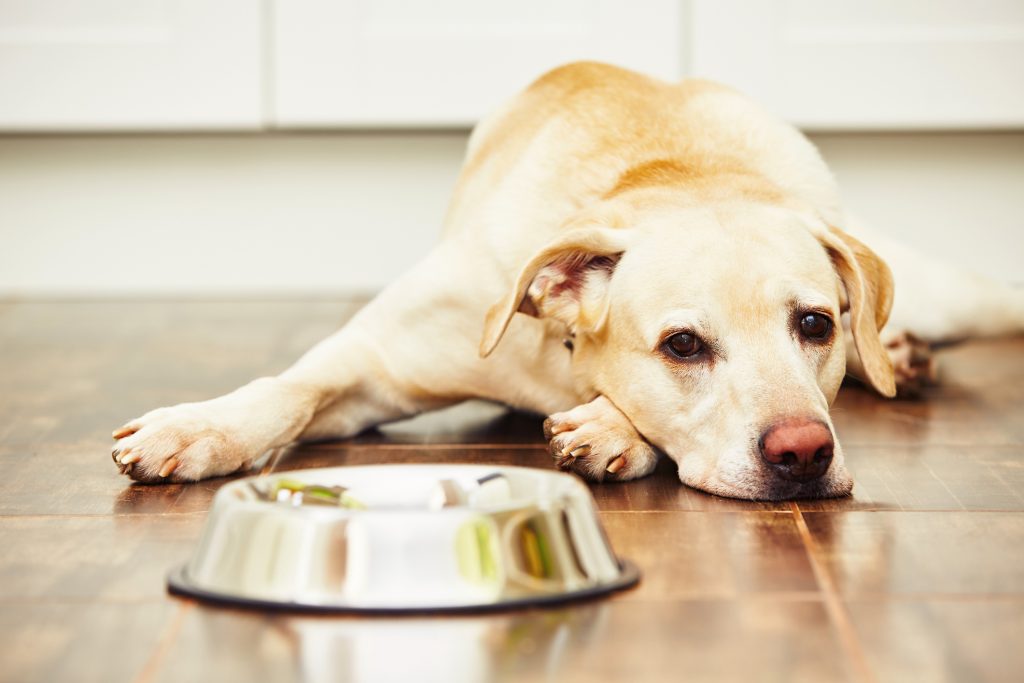The Owner’s Manual for Home Care for the Diabetic Pet
 If your pet has been diagnosed with diabetes, you may feel a little overwhelmed and words like pathophysiology, insulin, and glucose curves may have your head reeling.
If your pet has been diagnosed with diabetes, you may feel a little overwhelmed and words like pathophysiology, insulin, and glucose curves may have your head reeling.
Obviously, diabetes is a diagnosis that requires a close relationship with a veterinarian. There are things that you will need to do at home as well. Home care for the diabetic pet is just as important as the care required at the vet’s office. Here’s what you need to know.
Eyes Wide Open
Perhaps the most important part of home care for the diabetic pet is the most basic. Your observation skills are your friend when ensuring your furry patient is doing well, especially as he or she can’t let you know if things aren’t going well. Pay close attention to:
- Overall attitude and energy level
- Increase or decrease in appetite
- Frequency of urination
- Accidents in the house
- Level of thirst
- Weight loss or gain
- Episodes of weakness, collapse, or incoordination
These observations can hold important clues as to how regulated your pet’s blood sugar is. Pets who are still hyperglycemic (have high blood sugar) will often be losing weight despite a good appetite, increased thirst, and increased urination.
Pets who are experiencing low blood sugar episodes may have periods where they appear drunk or weak.
Unchecked, high blood sugar can lead to a state called ketoacidosis in which the pet may experience vomiting, diarrhea, and dehydration. It is very important to watch for these signs and to seek emergency veterinary care should this happen.
It’s All About the Diet
Just as with human diabetics, it is very important to pay close attention to your diabetic pet’s eating habits. If your pet is overweight, a careful weight loss plan can be extremely beneficial. When your pet is diagnosed, a diet evaluation will help determine what type of food your pet should be eating. Sometimes a prescription diet is the most effective route.
With dogs, a consistent eating schedule, including treats, also helps with blood sugar regulation. Try to keep your pet’s meal times as consistent as possible and limit unplanned splurges.
Insulin Basics
For most pets, insulin is the foundation of diabetes treatment. Most pets do not respond well to oral medications for blood sugar regulation, and require insulin injections. When using insulin for your pet, remember:
- Handle the vial gently so as not to damage the medication
- Keep the vial at an appropriate temperature
- Always mix gently before administering
- Use only the prescribed syringes to deliver the medication
- Never use a syringe more than once
- If you are not sure if you gave a dose, skip that dose altogether
- Do not administer insulin if your pet is not eating or is vomiting, and seek veterinary care
- Do not adjust your pet’s insulin dose without veterinary instruction
- Discard unused insulin as instructed
It is important to return for rechecks and glucose curves as instructed. This is the only way that we can be sure that your pet continues to receive an appropriate amount of insulin. It also allows us to monitor problems associated with diabetes, such as urinary tract infections and cataract formation.
Advanced Home Care for the Diabetic Pet
Some pet owners are better equipped when it comes to home care for the diabetic pet. Depending on the situation, you may be asked to monitor glucose levels at home. Your veterinarian will help you to obtain a pet-appropriate glucometer and show you how to get blood samples to monitor your pet’s blood sugar.
Pets may also need to have their urine monitored for glucose and/or ketones.
It is also very important for all pet owners with diabetic pets to have a plan for emergencies. While they do not happen often in carefully monitored patients, all diabetic pets are at risk for a hypoglycemic (low blood sugar) crisis. This may look like weakness or lethargy, or if severe enough, can result in seizure or coma. If you suspect your pet is having a hypoglycemic crisis, rub a little Karo corn syrup on the gums and seek emergency care right away.
Having a diabetic pet is a little more work than with most other pets, but it is well worth it. When you work closely with a veterinary team and participate by providing good home care, your diabetic pet can live a long, happy life.
Don’t forget your friends at Oakland Veterinary Referral Services are here for you and your diabetic pet if needed.


